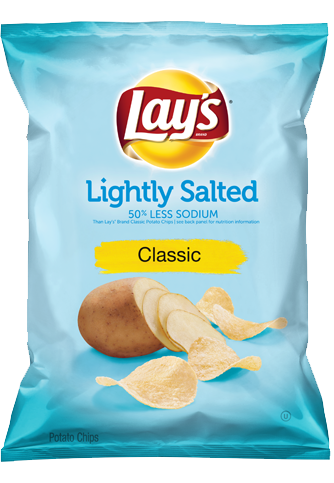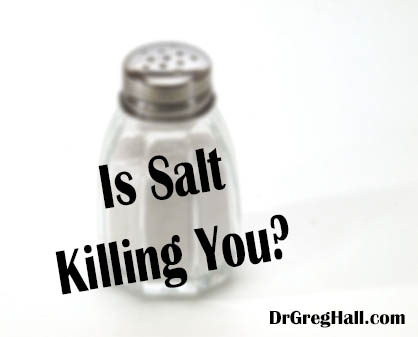Salt Sensitivity and Your Health
Salt sensitivity is defined as significant changes in blood pressure in response to salt in a diet. 75 percent of all African American patients with high blood pressure are salt sensitive compared to 50 percent across all races with hypertension. The vast majority of African American patients with hypertension are salt sensitive and their salt use needs to be discussed and investigated.
 Studies have consistently found salt sensitivity increases with age, and is more common in people that are overweight, have a history of “heart problems,” and have serious kidney problems . . . all of which are increased in African Americans.
Studies have consistently found salt sensitivity increases with age, and is more common in people that are overweight, have a history of “heart problems,” and have serious kidney problems . . . all of which are increased in African Americans.
Studies have additionally found that salt-sensitivity alone is associated with increased death, even in salt-sensitive people who don’t have high blood pressure.
Many foods found in African American homes are high in salt including:
- Canned Soup
- Vegetable Juices
- Bouillon cubes
- Gravies
- Soy Sauce
- Olives
- Pickles
- Canned Vegetables
- Barbecue Sauce
- Ketchup & Mustard
- Ready-to-Eat Breakfast Cereal
- Bread & Rolls
- Pancakes & Waffles
- Pizza
- Processed Nuts
- Chinese Restaurant Fast Food
- Spaghetti Sause
- Cold Cuts
- Cheese
- Bacon
- Hot Dogs & Sausages
- Salad Dressings & Marinades
- Smoked meats
- Ham
- Raw Chicken Breasts (they are frequently injected with a high sodium flavoring solution)
- Store-bought Baked Goods
Researchers have also found that being overweight make salt-sensitivity worse.
The increased salt sensitivity is also made worse by having a low potassium. A study from Columbia University in New York showed “salt sensitivity in Blacks may be worsened by dietary deficiencies in potassium or a need for increased potassium requirements compared with whites.”
What can I do to fix this?
A modest reduction in salt intake (half normal consumption: 5 to 6 grams) for a month has been shown to make significant and sustained reductions in blood pressure. In fact, African Americans showed the most pronounced blood pressure reductions in response to salt restriction with a drop of 8 mm Hg systolic (the first number in a blood pressure reading) over 4 mm Hg diastolic (the second number in a blood pressure reading) averaged across as array of studies. Imagine what a bigger salt restriction would do?
The lower blood pressure readings in African Americans after dietary salt restriction is significant and can be maintained over time. Try these Lays Potato Chips with half the salt rather than the regular.

Take the time to look for lower sodium alternatives for seasonings and use other seasonings like garlic power, onion powder, and cayenne & black peppers.

If you are hesitant to start a medication to bring down your mildly elevated blood pressure, spend some time looking at how much salt is in your diet, and then try to decrease this by half.











